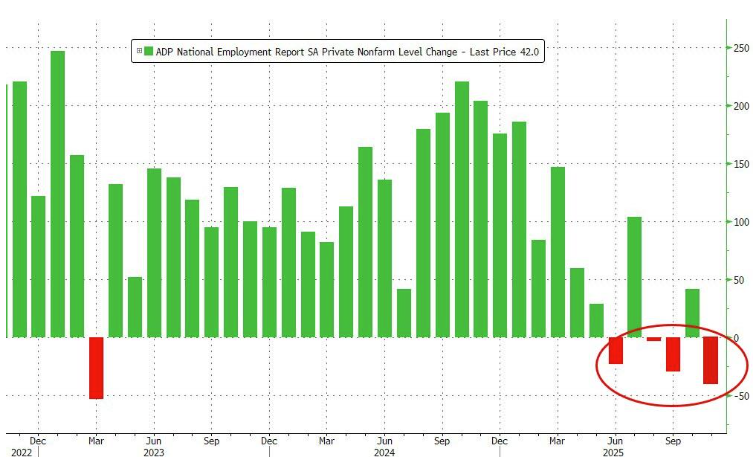Real-world asset (RWA) tokenization has become the top-performing crypto sector, outperforming major sectors like Ethereum (ETH) and Bitcoin (BTC).
Significant developments, including high-profile asset tokenizations and positive regulatory discussions, drive this surge. It also highlights the sector’s growing potential and importance in the financial industry.
High-Profile Use Cases and Regulations Boost the RWA Tokenization Sector
According to data from the crypto analytics platform Artemis Terminal, real-world asset tokenization was the best-performing crypto sector last month, with a 58% performance compared to the other 21 sectors. Ethereum and Bitcoin ecosystems followed, with 26.1% and 18.2% performance, respectively.
Read more: RWA Tokenization: A Look at Security and Trust
RWA tokenization has seen significant growth recently, driven by key developments in the sector. On June 4, Galaxy Digital issued a multimillion-dollar loan secured by a 316-year-old Stradivarius violin .
The loan uses the Stradivarius violin and its digital representation as a non-fungible token (NFT) as collateral. This strategy ensures strong security for Galaxy Digital while providing asset management flexibility. The physical violin remains under custodianship in Hong Kong, with stringent requirements for its removal.
On the same day, Watford Football Club (Watford FC) also initiated a digital equity sale. Partnering with digital investment platform Republic, the sale offers approximately 10% of its shares. This equity sale will be available on Republic’s platform and Seedrs, its European counterpart.
Additionally, regulatory developments supported the sector. On June 7, the US Financial Services Committee held a hearing titled “Next Generation Infrastructure: How Tokenization of Real-World Assets Will Facilitate Efficient Markets.” The hearing assessed the need for more regulations to support tokenizing real-world assets and derivative products.
Notable industry figures participated in the hearing. Carlos Domingo, Co-founder and CEO of Securitize, and Robert Morgan, CEO of the USDF Consortium, represented the real-world asset tokenization industry. Lilya Tessler, Partner at Sidley Austin LLP, and Nadine Chakar, Global Head of Digital Assets at the Depository Trust and Clearing Corporation, contributed from the financial markets sector. Meanwhile, Prof. Hilary Allen from the American University Washington College of Law provided an academic perspective.
Despite varied perspectives from witnesses and lawmakers, the hearing highlighted the ongoing debate about Blockchain technology in traditional finance. Regulatory clarity from such discussions could pave the way for broader adoption of tokenization.
The long-term industry outlook remains positive. BlackRock CEO Larry Fink has expressed optimism about tokenization .
He noted its ability to enable customized strategies and instantaneous settlement of bonds and stocks. According to Fink, these abilities can significantly reduce settlement costs.
Jenny Johnson, Franklin Templeton CEO, also highlighted the transformative potential of tokenizing real-world assets . She cited examples such as Rihanna’s NFT royalties and loyalty programs at St. Regis in Aspen.
“It’s this combination of loyalty programs with real-world assets, and I think that you’re going to see more and more companies do this combination. It’s simply that the technology is enabling you to do it,” she opined .
Furthermore, Johnson noted that tokenizing assets, like Franklin Templeton’s tokenized money market fund, offers lower entry points and operational costs, making professional asset management more accessible to younger investors. She believes holding investments in a digital wallet can encourage younger people to save for retirement by allowing smaller, more manageable investments.
Read more: What is Tokenization on Blockchain?
Overall, Johnson envisions traditional finance institutions increasingly leveraging blockchain technology. This integration into mainstream investment practices aims to foster greater financial inclusion and encourage savings habits among younger generations.


